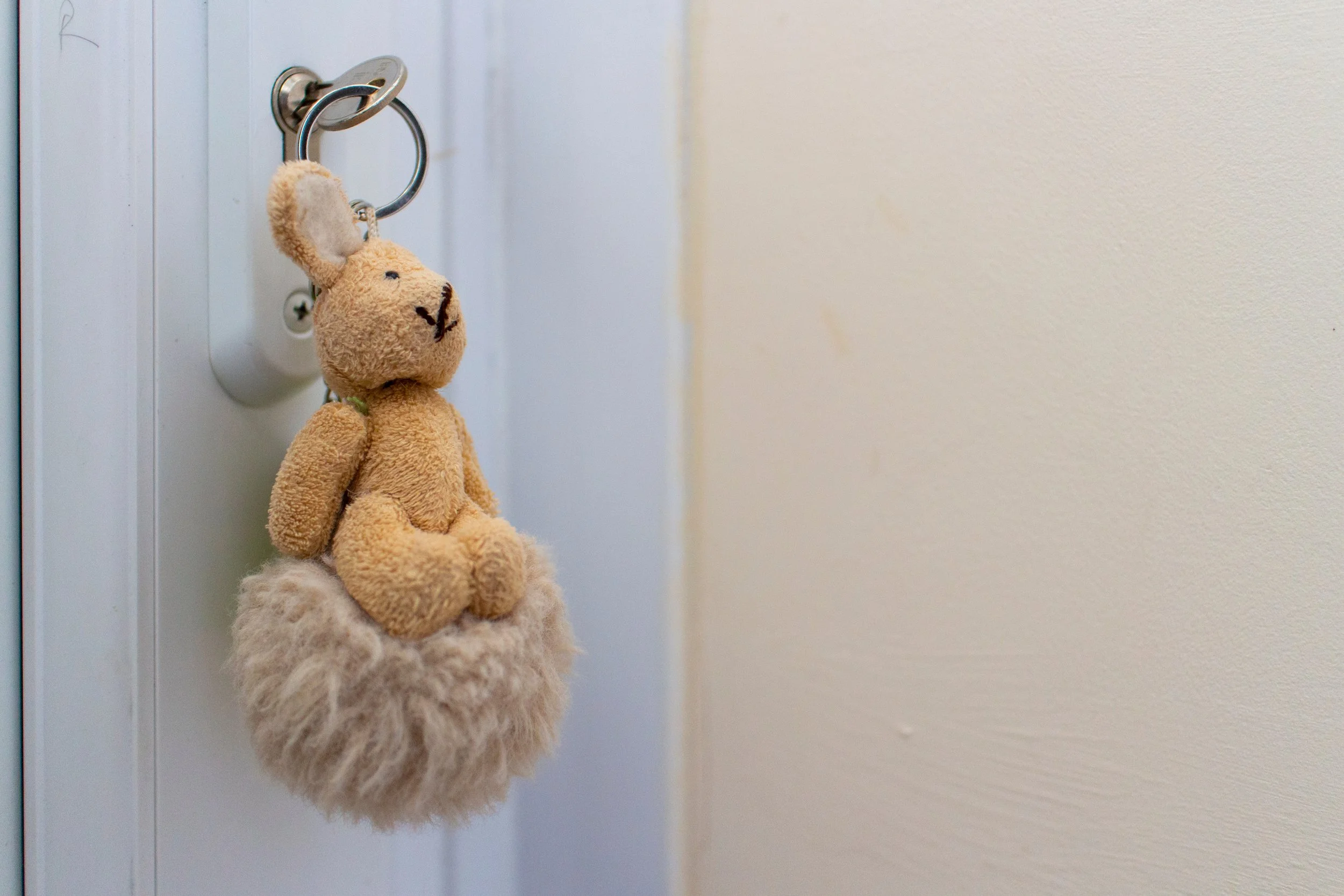When a Child is Home Alone
Being home alone as a child is a very big responsibility for children and it is important to consider a number of factors. Keep in mind that each child's maturity level and parents' comfort level may vary. What works for one family may not necessarily work for another. It's essential to assess your child's readiness and your own comfort level before leaving them home alone.
Most experts agree that children are generally not mature enough to manage being alone until they are about 10 or 11 years old. However, this age is a guideline, and it's crucial to consider other factors such as your child's level of responsibility, ability to follow rules, and comfort with being alone, as well as the potential risks in their home environment.
Implementing practical safety measures and teaching children essential precautions, you can guide them to stay safe and confident while alone at home. Some children may be ready to stay home alone at a younger age, while others may need more time and preparation. As a parent or caregiver, trust your instincts and make decisions based on what you feel is best for your child's safety and well-being.
Here are some crucial tips to support the well-being of your children:
Establish Clear Rules and Guidelines
Sit down with your child and establish clear rules for when they are home alone. These rules may include not opening the door to strangers, not using the stove or oven, and restrictions on leaving the house or having friends over (especially for older kids!).
Emergency Contact Information
Create a list of contacts and place it in a visible location, such as on the fridge or near a cellular device. Ensure your child knows your phone number, a trusted neighbour's number, and emergency services (such as 911). You should NEVER, EVER be scared to call 9-1-1. The police, firefighters and ambulance attendants are there to help you. If you are home alone and in trouble, don’t hesitate to call them to help you, no matter how young or old you are.
Neighbourhood and Family Connections
Inform a trusted neighbour or family member nearby who your child can turn to for help if needed. It's beneficial for child to have a support network nearby in case of emergencies.
Home Security Measures
Ensure that all doors and windows are securely locked before leaving your child home alone.
Internet Safety
Set clear guidelines for internet usage, including which websites are appropriate and who they can communicate with online. Educate your child about the dangers of sharing personal information online and encourage them to tell you about any suspicious online activity.
More information on internet safety can be found on page _
First Aid-Skills
Teach your child basic first aid skills such as how to clean a wound and bandage minor cuts and burns. It is important to ensure your child knows where the first aid kit is located and how to use its contents appropriately.
Check-ins and Communication
Establish regular check-in times when your child is home alone, such as calling or texting them at specific intervals (ex. As soon as they get home from school, etc.) Encourage open communication as well, so your child feels comfortable discussing any concerns or issues they may have!
Implementing these safety tips and teaching children essential precautions, families can help support their children's safety and well-being while fostering independence and confidence. Remember, proactive communication and preparation are key to a safe and secure home environment for children.
SIDEBAR: Once you’re confident in your child and their responsibilities, consider doing a trial run! Take a short trip to the grocery store (for example) to REALLY test their readiness. Address together any concerns or issues that may arise. Use this time to review safety rules, practice emergency procedures, and ensure that your child feels confident and prepared.
If you’re interested in learning more about Home Alone tips, stay tuned for KL’s own “Home Alone” program in collaboration with Red Cross Canada. A wellness program for ages 10 and older, preparing children with essential skills and knowledge to safely navigate their newfound independence at home. The bonus of this program is that if you attend all sessions your child gets a certificate! So stay tuned and keep an eye out for our next session in the near future.


